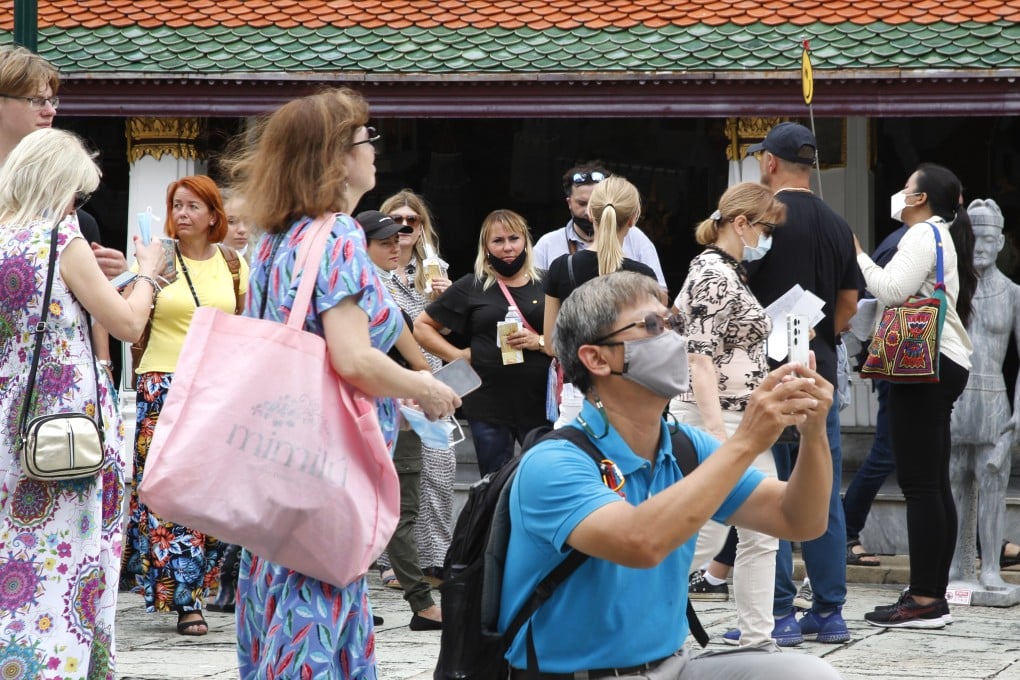Advertisement
Asia-Pacific tourism won’t recover until 2024 in absence of mainland Chinese visitors, say analysts
- Even now that Asia-Pacific countries have scrapped most of their travel curbs, the lack of Chinese tourists continues to weigh on hotel occupancy
- Before the pandemic, they accounted for 40 per cent of tourists within Asia-Pacific, according to property consultancy JLL.
2-MIN READ2-MIN
8

Tourism in Asia-Pacific will not see a recovery until 2024 as China’s borders remain closed, keeping an estimated 140 million visitors from travelling within the region, according to analysts.
In 2019, before the Covid-19 outbreak, 154.6 million mainland Chinese travelled outside the country, according to the World Bank. They accounted for 40 per cent of tourists within Asia-Pacific before the pandemic, according to property consultancy JLL.
“Recovery in the hospitality region is being delayed due to tight border controls in China,” said Koichiro Obu, head of real estate research, Asia-Pacific, of DWS, a German asset management company.
Advertisement
“I understand that 90 per cent of outbound tourists in China used to travel within the Asia-Pacific region and the number of outbound tourists from mainland China had been increasing by at least 10 million people a year, so we can see that they are a major driver of growth.
“We do not see a full recovery next year, I think the earliest recovery will be in 2024.”
Even now that Asia-Pacific countries have scrapped most of their travel curbs, the absence of Chinese tourists continues to weigh on hotel occupancy and rates.
Advertisement
Select Voice
Select Speed
1.00x
